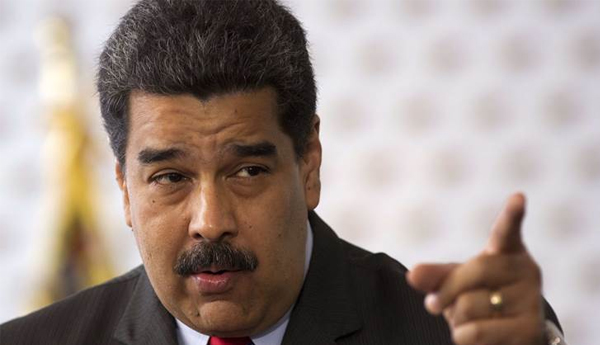(FASTNEWS | UKRAINE) – A Russian rocket strike on a Ukrainian train station has killed 22 people, Ukraine says, on the day marking six months since Moscow’s invasion began.
It says five of the victims of the attack in the eastern town of Chaplyne burnt to death in a vehicle. An 11 year old boy also was killed.
President Volodymyr Zelensky announced the strike in the middle of a UN Security Council meeting. He said about 50 people were injured. Russia has so far made no comment. It has repeatedly denied targeting civilian infrastructure.
Mr Zelensky said he learned of the strike on Chaplyne, in the Dnipropetrovsk region, as he was preparing to speak to the Security Council, adding: “This is how Russia prepared for the UN Security council meeting”.
“Four passenger carriages are on fire now… the number of fatalities could increase,” he said.
Ukraine has spent Wednesday marking its annual independence day and Mr Zelensky had previously said Russia might do something “cruel” to disrupt the celebrations.
Earlier he accused Moscow’s forces of turning the Zaporizhzhia nuclear plant into a “war zone” that endangered the plant and the people of Europe and put the world “on the brink of radiation catastrophe”.
The UN Secretary General told the same meeting that the “senseless war” could push millions of people into extreme poverty, both in Ukraine and beyond.
Around the world, there were gatherings of supporters in the streets to mark Ukraine’s independence today. World leaders also rallied to support the embattled nation to mark the occasion.
UK Prime Minister Boris Johnson appeared in Kyiv on an unannounced trip to show his country’s support, announcing £54m ($63.5m) in new military aid – a figure dwarfed by an announcement from US President Joe Biden of an extra $3bn (£2.5bn).
Messages of support arrived from across the globe: from Australia, Germany, Finland, Poland, Turkey and more. In the Vatican, Pope Francis called for “concrete steps” to end the war and avert the risk of a nuclear disaster at the Zaporizhzhia nuclear power plant – Europe’s largest.
Ukraine had banned large gatherings and events over fears that Russia could target such civilian gatherings. It followed a warning from the US for any of its citizens to leave ahead of the anniversary.
Between his political speeches, President Zelensky and his wife also attended a memorial ceremony for the fallen soldiers and civilians of the war, laying yellow and blue flowers at Kyiv’s Memory Wall of Fallen Defenders.
Despite the losses, the Ukrainian leader had started the day with a defiant national address, vowing to retake the whole of Ukraine, “without any concessions or compromises”.
“We don’t know these words – they were destroyed by missiles on 24 February,” he said.
Russia had initially promised a short, decisive campaign – but Ukrainian resistance quickly pushed Russian forces away from the capital, and months later Russia redeployed its forces to concentrate on the eastern breakaway provinces where it already enjoyed support. In recent weeks, the front lines have hardly moved.



